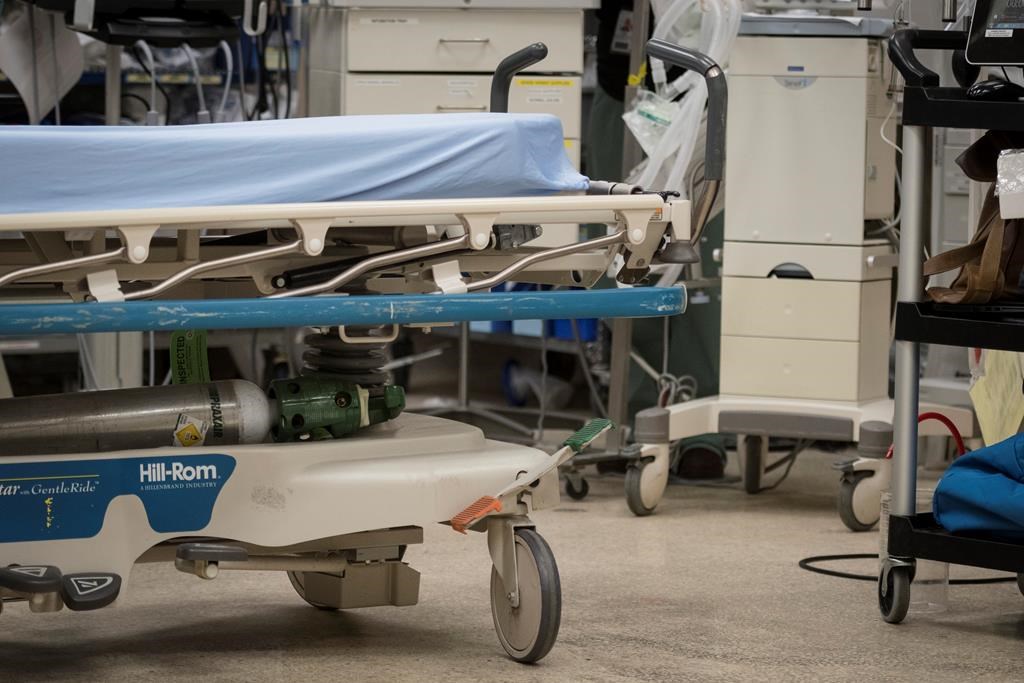The B.C. Ministry of Health has released a progress report showing the province’s work addressing Indigenous-specific racism within the health-care system.

The steps that have been taken align with recommendations made in the In Plain Sight: Addressing Indigenous-specific Racism and Discrimination in BC Health Care report, according to the province.
“To mark the second anniversary of the In Plain Sight report, we are releasing a snapshot of progress made on the recommendations in the first year after the release of the report,” said B.C. Health Minister Adrian Dix.
“I’m proud of what we’ve accomplished in this short time, but recognize much more needs to be done. I look forward to continuing this work with Indigenous leaders, health-system partners and health authorities throughout B.C.”
The government laid out a number of significant developments that occurred between May 2021 and May 2022:
- Canada approves Moderna’s RSV vaccine, first of its kind for older adults
- ‘More than just a fad’: Federal petition seeks tax relief for those with celiac disease
- ‘Huge surge’ in U.S. abortion pill demand after Trump’s election win
- New Brunswick to allow medicare to pay for surgical abortions outside hospitals
- Changes have been made to the Human Rights Code of B.C. to include Indigenous identity as a protected ground for individuals from discrimination.
- Changes to the Public Interest Disclosure Act now include more public-sector employees, and these changes are being phased in with health-authority employees coming under the act in June 2023.
- Changes were made to the Interpretation Amendment Act to further support alignment with the United Nations Declaration on the Rights of Indigenous Peoples (UNDRIP) and ensure that the interpretation of acts within B.C. must be consistent with UNDRIP and that the rights of Indigenous Peoples are not diminished through other provincial acts.
- A new Anti-Racism Data Act was introduced as a step to dismantle systemic racism and discrimination faced by Indigenous, Black and people of colour. Data collected under the act will help identify gaps in programs and services and allow the government to better meet the needs of Indigenous, Black and racialized British Columbians. The act is the first of its kind in Canada to be co-developed with Indigenous Peoples.
- The final stages of the development of the First Nations Health Authority and Health Standards Organization (FNHA-HSO) BC Cultural Safety and Humility Standard are complete.
- Conversations are taking place regarding the improvement of Indigenous feedback and quality care systems through the In Plain Sight Task Team.
- Many of the large capital projects in B.C., including new hospitals, are planning and designing safe spaces to support cultural practices and protocols while strengthening their collaboration and relationships with local Indigenous communities and leaders.
“While B.C. has made important progress, there is much more work to do to eradicate Indigenous-specific racism, foster cultural humility and create cultural safety to support improved health outcomes for all Indigenous people in B.C,” Dix said.

Get weekly health news
“The province remains absolutely committed to implementing all 24 recommendations of In Plain Sight, and we will continue to work together with Indigenous Peoples, all orders of government, health-system partners, individuals, service providers, regulatory bodies and health-system leadership to make this commitment a reality.”
Global News has reached out to the Union of BC Indian Chiefs for comment.
The full B.C. government update can be read online.







Comments